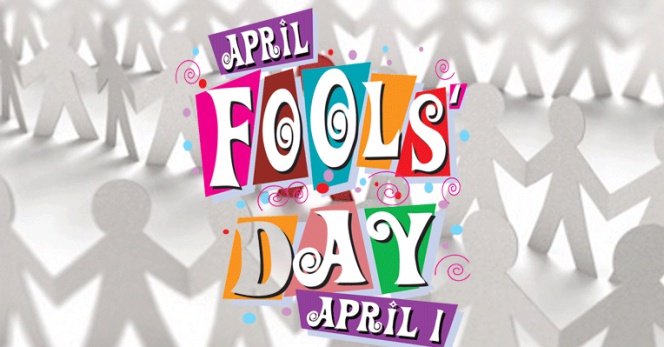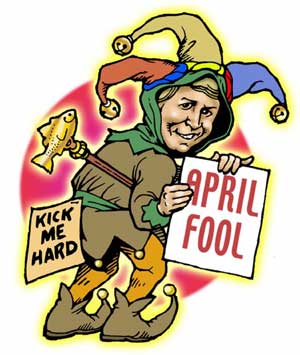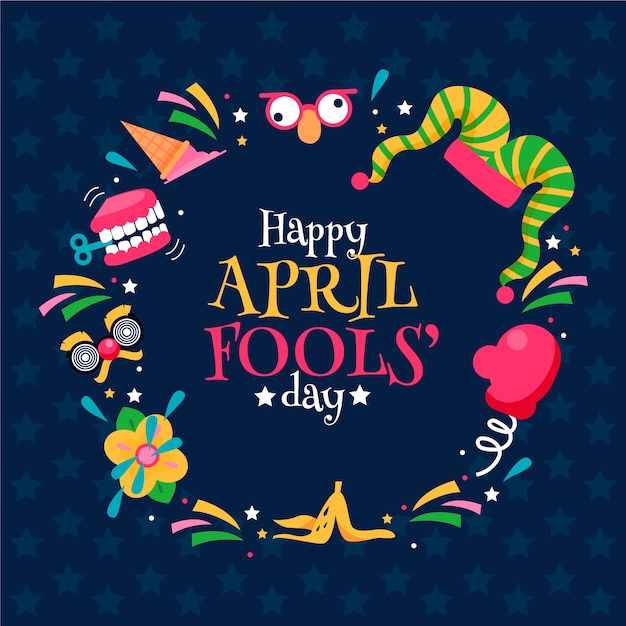There are several options for introducing an example.
These include for example, such as, and like.
Generally, here are the main points of using these phrases correctly:
- Use for example at the beginning of the sentence.
- Use such as and like in the middle of a sentence.
As you might guess, the above is an over-simplification that isn’t always true. However, it is a good guideline to help writers stay out of trouble most of the time.
---------------------------------------------------------------------------------------------------------
For example
The Difference Between Such As and Like
- like
- makes a comparison between things with the same characteristics; similar to.
Using like for examples is common in spoken and informal English.
She enjoys outdoor activities like bicycling and hiking.
- such as
- used to introduce a specific example or examples
For academic and formal writing, use such as for this kind of sentence.
She enjoys outdoor activities, such as bicycling and hiking.



















.jpg)

.jpg)


























